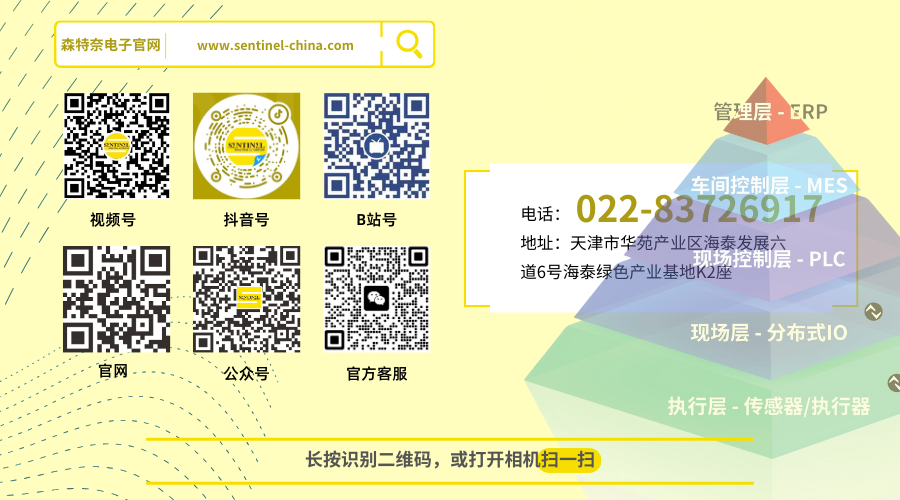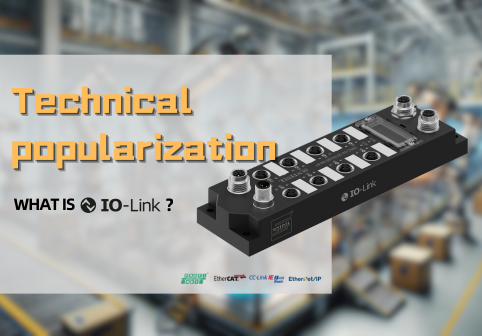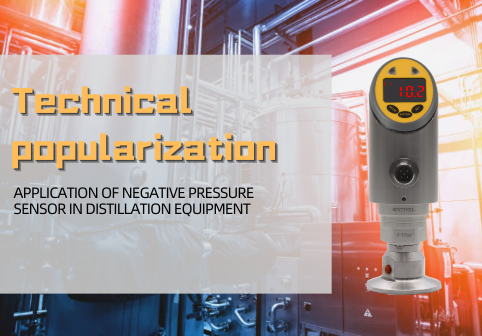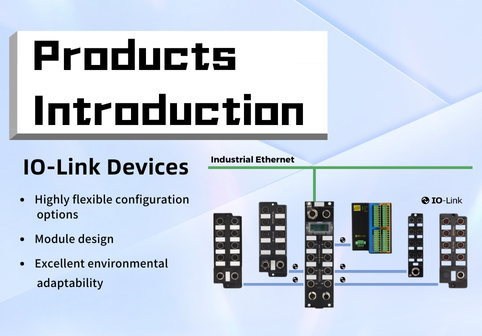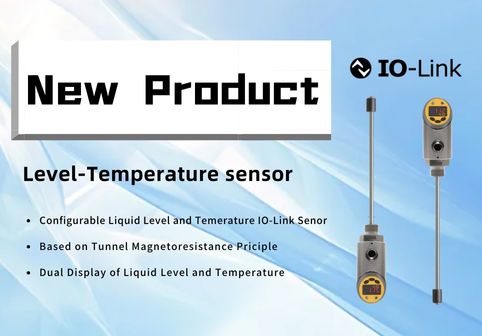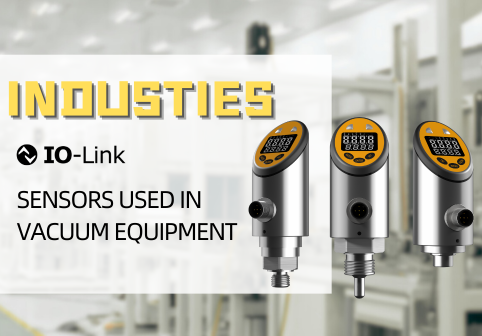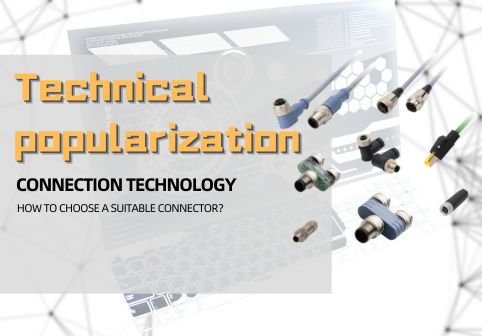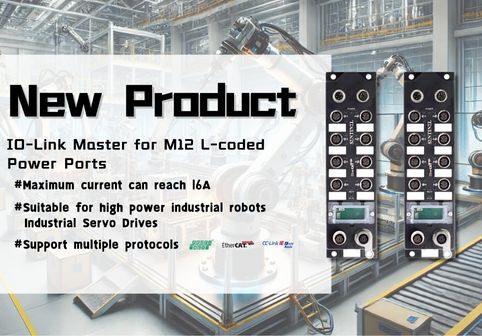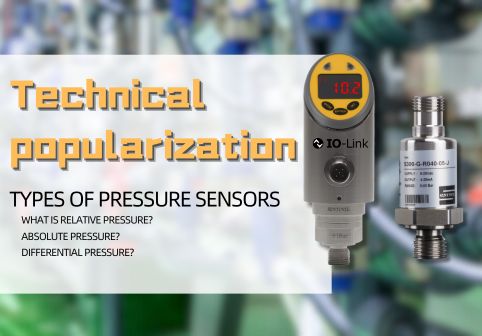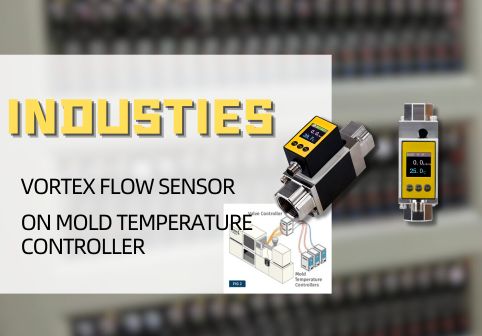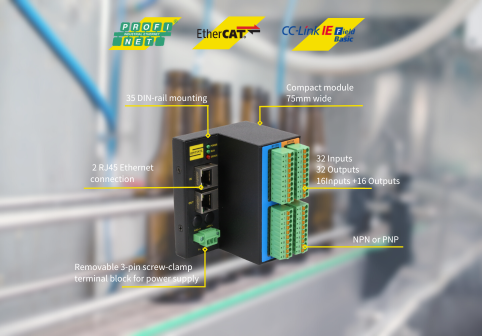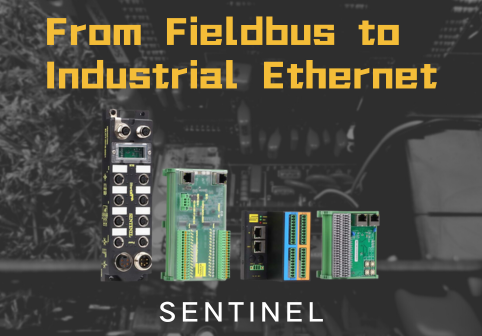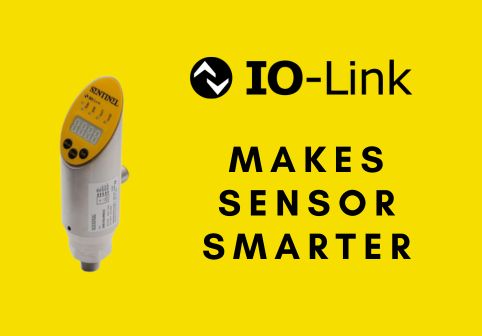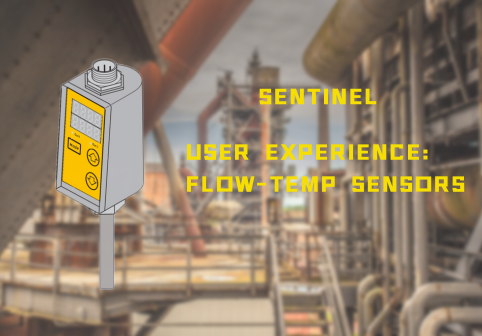Industry Application | Adaptive Remote I/O Module in Automotive Welding Lines
In modern automobile manufacturing, the welding line is one of the core links in vehicle production. It not only requires high-speed, high-precision robots for welding, but also relies on a large number of fixtures, sensors, and actuators working in coordination to ensure that each sheet metal component is accurately positioned and securely clamped. How to achieve efficient and reliable signal acquisition and control in such a complex system is key to the stable operation of the welding line.
Our adaptive remote I/O module for input/output stands out in this context, offering a stable and flexible signal interface solution for automotive welding production lines.
Comprehensive Connectivity, Flexible Adaptation

On welding fixtures, a variety of sensors and actuators are commonly used:
- Cylinder position detection switches: Confirm whether clamping and locating pins are in place.
- Workpiece presence sensors: Ensure that sheet metal parts are correctly positioned.
- Pneumatic/electric clamping actuators: Perform clamping, flipping, pushing, and other actions.
Traditional I/O modules require strict separation of input and output points, making expansion and changes complex. Our module supports input/output adaptability, allowing each port to function as either an input for collecting sensor signals or an output to drive actuators. This greatly simplifies design and wiring.
Stable and Reliable, Ensuring Smooth Line Operation

On high-speed welding lines, every second of downtime means significant losses. Our remote I/O modules feature industrial-grade design, with anti-interference capabilities and a high protection level (IP67), ensuring stable operation in environments with welding sparks, metal dust, and strong electromagnetic interference. The modules also offer real-time monitoring of I/O status, ensuring signal transmission without loss or delay, thus guaranteeing welding accuracy and production rhythm.
Simplified Maintenance, Lower Costs
Welding lines feature a vast number of fixtures and jigs with complex wiring. By using our remote I/O modules:
- They can be installed close to the fixtures, reducing cable lengths.
- The input/output adaptive design allows for more flexible configurations without predefining I/O quantities.
- The modules are equipped with diagnostic functions, enabling quick fault localization, reducing maintenance time, and minimizing downtime risk.
Toward a Smarter Manufacturing Future
As automotive manufacturing becomes increasingly intelligent, welding lines demand higher levels of data transparency and flexibility. Our remote I/O modules integrate seamlessly with upper-level systems via smart interfaces such as IO-Link, enabling not only the transmission of digital signals but also uploading of device status and diagnostic information—providing a solid foundation for digitalized and intelligent operations.
Conclusion
In the demanding and complex environment of automotive welding lines, our adaptive remote I/O modules for input/output serve as the "neural nodes" connecting sensors and actuators. With flexible port configurations, robust industrial-grade performance, and intelligent diagnostic capabilities, they help customers ensure production quality while reducing maintenance costs and enhancing line flexibility and efficiency.
Customer Support and Services
To learn more about SENTINEL products, please contact our sales representatives or call 022-83726972. You can also visit our official website at www.sentinel-china.com. The website offers complete product information, selection guides, CAD and Eplan files, configuration profiles, and tutorials to ensure users can easily access all necessary resources.
We have a professional technical team ready to provide customized customer support and efficient after-sales service, ensuring every user's interests are fully protected.
